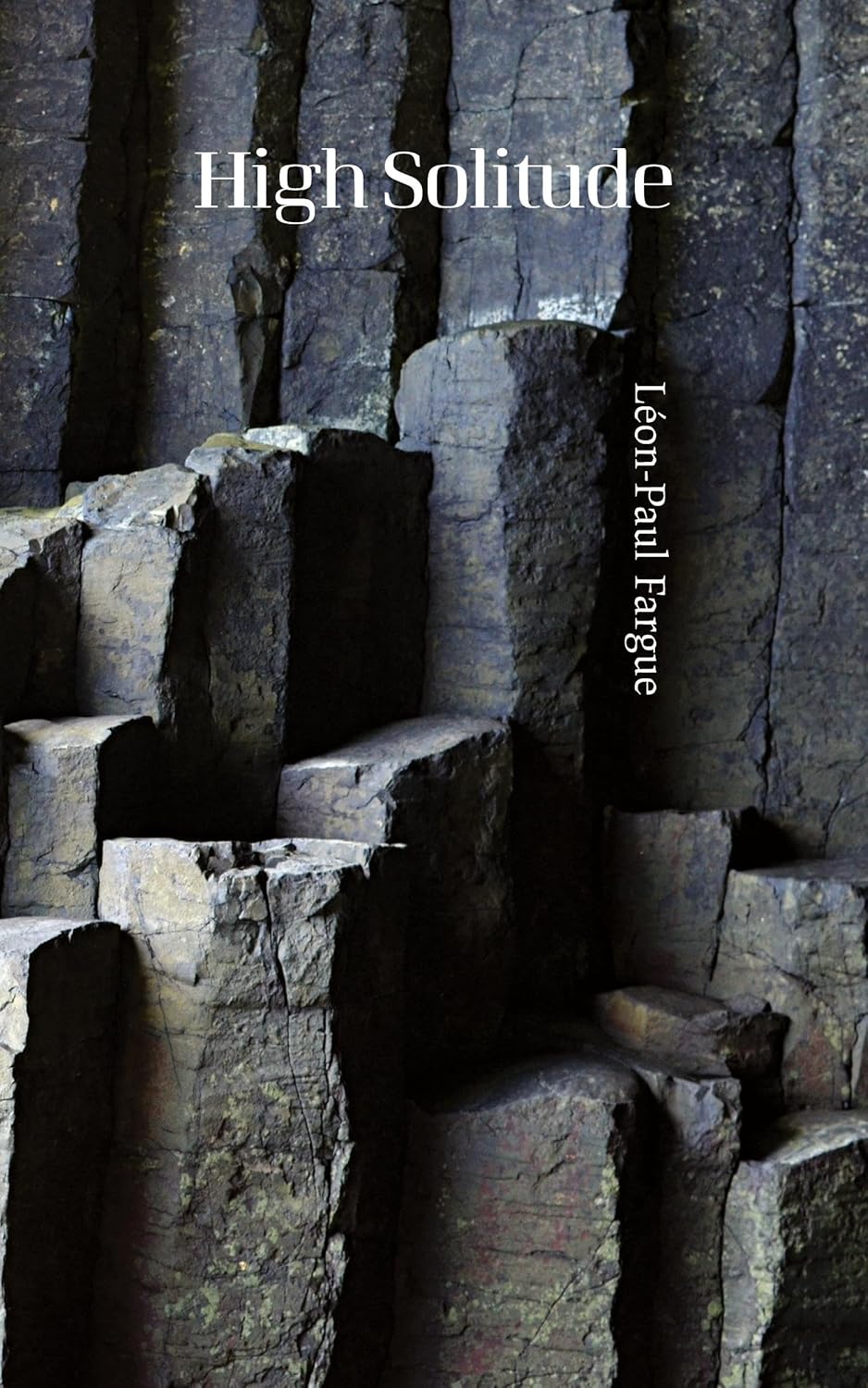Léon-Paul Fargue
Translated by Rainer J. Hanshe
Contra Mundum Press ($21.50)
Picture dragging yourself from bed with mounting anxiety in a small and dingy (yet Parisian, so not all bad) flat to the windows overlooking a boulevard and adjacent alleyways abuzz with city life. Looking out at streets you once rambled as a youth in jubilant company, with literature and art coursing through the veins, you now feel dejected as you begin a series of notes on Parisian city life. The writing isn’t some tell-all exploitative tale concerning now-famous lives of those you once knew. Rather, it’s a series of inner visions relating the strife and turmoil, sometimes imagined, that can be found in abundance on the city’s streets. Your name is Léon-Paul Fargue, and your book is High Solitude.
Fargue’s idiosyncratic book resists easy classification. Are these tales autobiographical? Yes and no. Are they fiction? Sort of. Might they be essays cast in fictional glow? Perhaps, at least sometimes. Whatever it may be, the book certainly contributes to the literary lineage of the flâneur, that indelible Parisian lurker of corridors and street cafes: “How sad it was to walk on and encounter the utmost end without finding anything of what I had loved or hated! I was lost in a forest of strange noctilucas, in a helpless city that hovered like a hawk over the stampede. I recognized everything and I recognized nothing.”
The streets of Paris are a central theme, if not an outright character, in High Solitude; the descriptive detail and moody tenor of Fargue’s writing gives them an eerie glow. There’s also an edgy despair embroidering these scenes as outer and inner experience jostle against each other: “These endosmoses between the past and myself, these returns to experience, the gone-by, the ground-down, I am exhausted, I am overwhelmed, I am drunk with them.” As if trapped in a grim arcade, Fargue implores, “What can I do to avoid these hordes of myself that go up the avenues, stand in line at the stations, occupy café tables?” He doesn’t really have any answers, but on occasion proffers a learned observation or two: “Order offers mortals pillows. Disorder puts them on the road towards the possible.” These occasional morsels of guidance encourage readers along Fargue’s lonely peripatetic journey.
Lacking cohesive narrative attraction, High Solitude does stumble here and there, only to recover and doggedly continue. Such is life, it suggests—although Fargue’s anecdotes and reflections magnify aspects of it few discover on their own.
Click below to purchase this book through Bookshop and support your local independent bookstore:
Rain Taxi Online Edition Spring 2025 | © Rain Taxi, Inc. 2025

